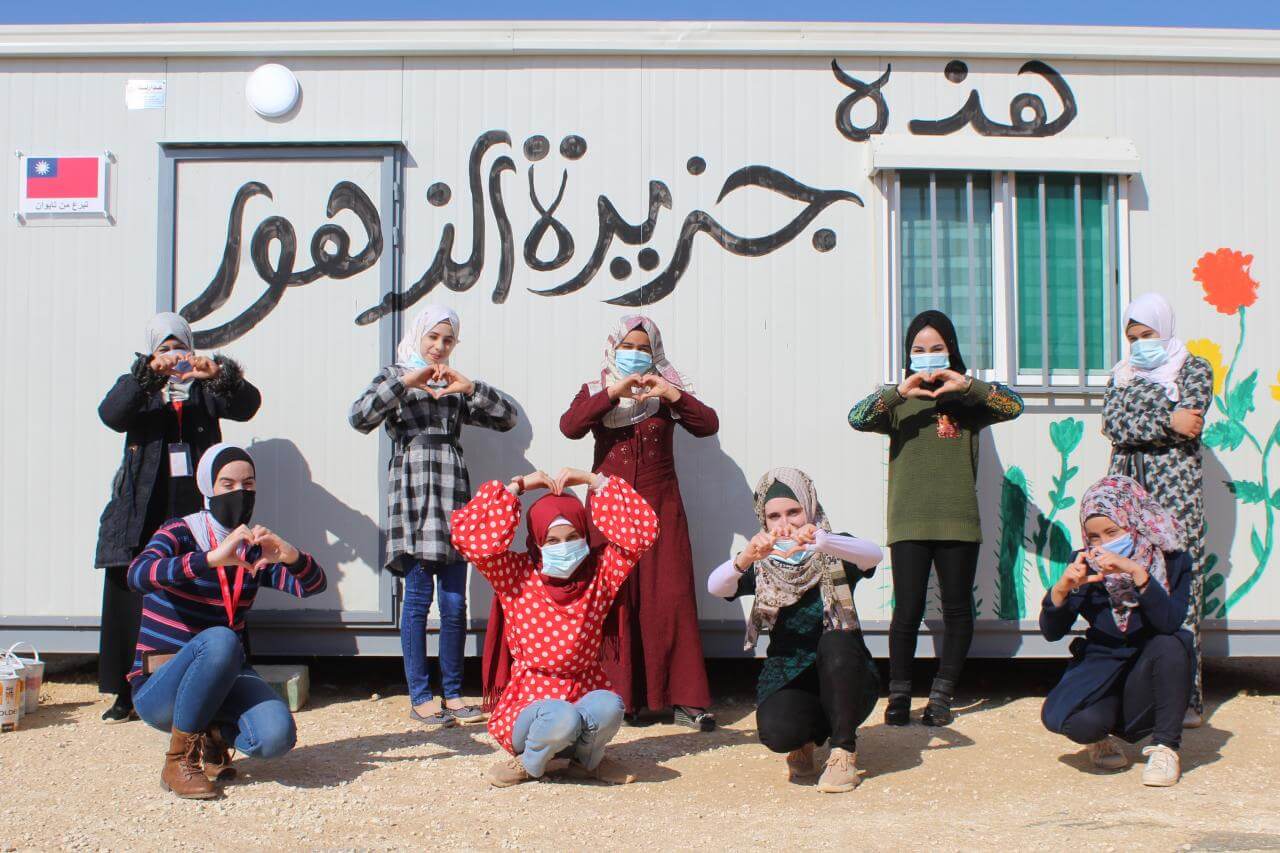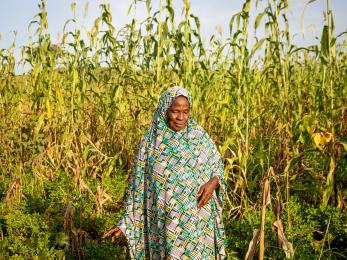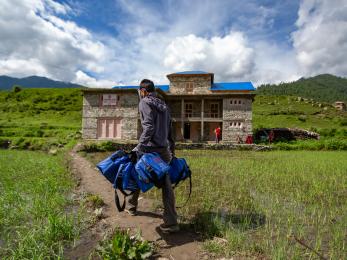Snapshots from around the world: Our COVID-19 response

The world is facing a rapidly evolving pandemic.
COVID-19 has spread to more than 198 countries and is now reaching communities most vulnerable to the health and economic impacts of its spread. People fleeing conflict, living in poverty or without access to healthcare face the greatest risk.
From Craig Redmond, our Senior Vice President of Programs: “In many areas not yet informed through radio, television or the internet, Mercy Corps teams are the first to reach communities with critical health and safety information.”
COVID-19’s impact where we work

Working in more than 40 countries around the world on the frontlines of today’s biggest crises, we are already on the ground where help is most needed. We’re providing information and resources for safe handwashing and adapting programs so life-saving support can continue in the face of this new challenge.
Take a look at what our early response to COVID-19 looks like around the world:
The importance and urgent need for your support has never been greater. Help ensure the ongoing delivery of our life-saving programs and reduce the health, economic and psycho-social effects of the crisis on the most vulnerable













